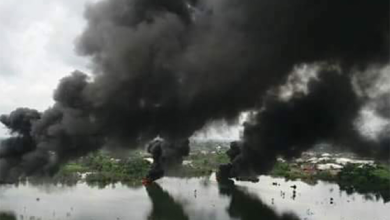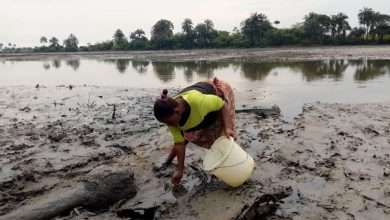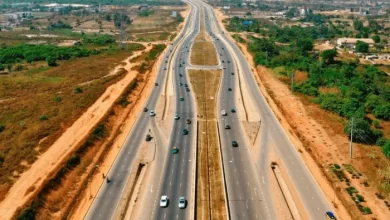Ogoni clean up: HYPREP laments setback, explores ADR options to tackle challenges
The Project Coordination Office (PCO) of the Hydrocarbon Pollution Remediation Project (HYPREP) has lamented hiccups in the ongoing environmental cleanup in the four local councils that make up Ogoni ethic nationality of Rivers State.
HYPREP Project Coordinator, Prof. Nenibarini Zabbey, made his observations during a retreat for the Central Representative Advisory Committee (CRAC) and Zonal Representative Committee (ZRC), which were set up by the project and saddled with the responsibility of enhancing community collaborations and connections on the project in Port Harcourt, yesterday.
Zabbey, while highlighting the essence of the retreat tagged, ‘Ogoni Oil-Spill Clean-up: Enhancing Community Collaborations and Connections for the Common Good’ regretted that despite the intervention of the committees, the project continues to face various challenges, including community expectations, insecurity, artisanal refining, community boundary disputes, land ownership, chieftaincy tussles and court cases, which, in some cases, had delayed the project. He also pointed out that the expansion of the scope of the project has added strain to its pace.
“The recent significant expansion in project activities, which includes the construction of the Centre of Excellence for Environmental Remediation, the Ogoni Specialist Hospital, the Cottage Hospital, the Ogoni Power Project, livelihood trainings, land remediation, shoreline remediation and mangrove re-vegetation, has posed additional challenges that require workable solutions,” he explained.
While disclosing the essence of the three-day retreat, the Project Coordinator stated that it was organised to establish mechanisms for alternative dispute resolution (ADR) to address current challenges, adding that it would help to evaluate strategy of performance delivery and review process mechanisms to accelerate the impact of works in Ogoni communities. He, however, reiterated the Project’s commitment to exploring ADR options in tackling the challenges.
“The Federal Government, in its high wisdom and through the instrumentality of the HYPREP Gazette, endorsed the use of ADR as a means of resolving conflicts on the project. The reason is not far-fetched. Using ADR has a variety of benefits, depending on the type and the circumstances of the particular case. It saves time and money, preserves relationships and increases satisfaction and control over the process as well as the outcome. We have a peculiar case in the HYPREP that requires that we promote ADR as an important tool in our engagements, which should be deployed accordingly,” he said.
Credit: Guardian Reports




